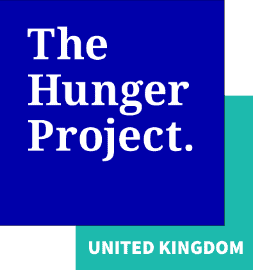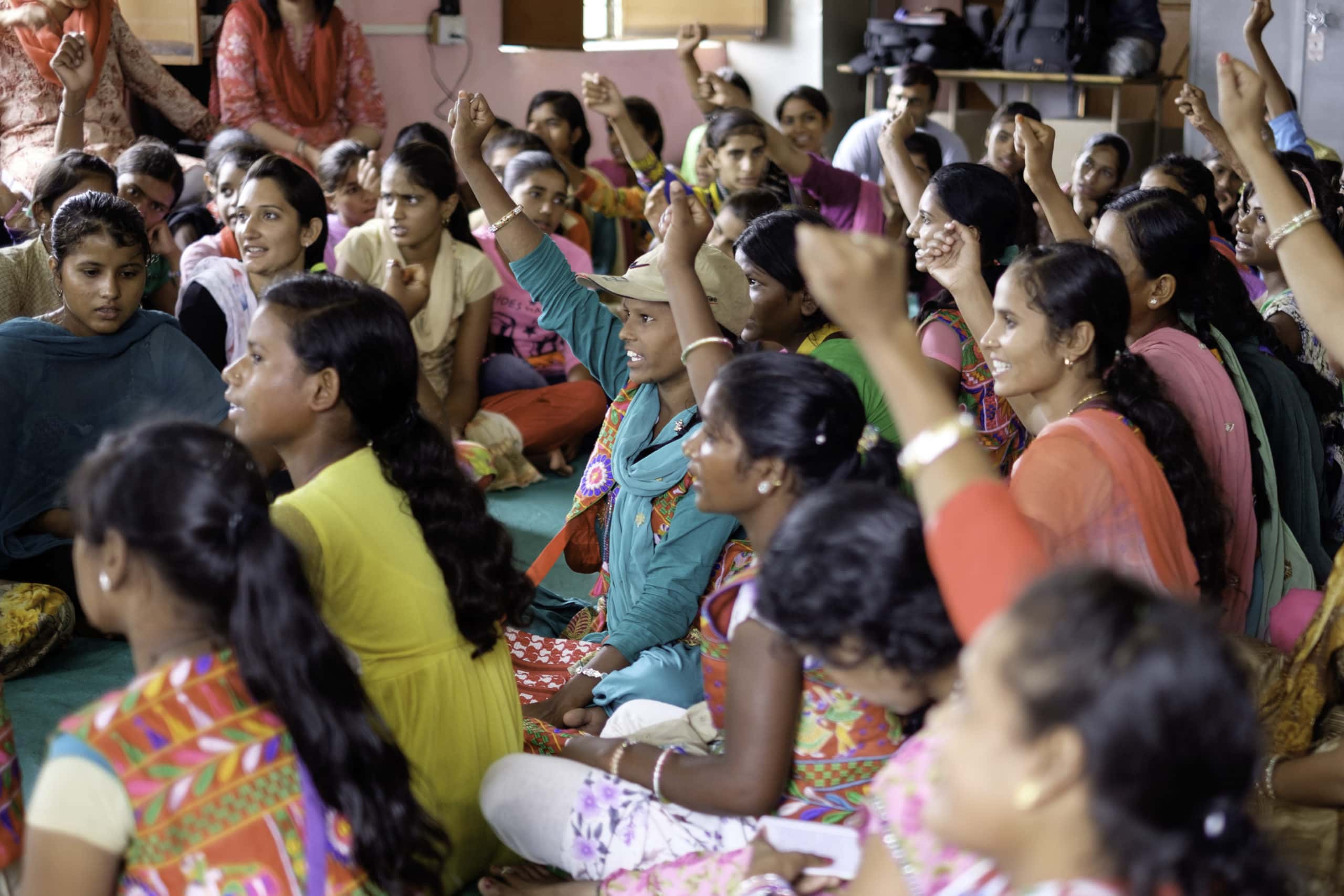Media Statement – World Hunger Day 2022
World Hunger Day (Saturday 28th May) launches in the midst of cost-of-living crisis
This World Hunger Day, the Ukraine crisis risks tipping up to 1.7 billion people — over one-fifth of humanity — into poverty, destitution and hunger, according to the Global Crisis Response Group on Food, Energy and Finance (GCRG).
With most media attention focused on the UK “cost of living crisis”, global charity The Hunger Project wants to call urgent attention to the “cost of dying crisis” rapidly emerging globally. Months of warnings about a global hunger pandemic, have largely been ignored. This comes at a time when direct humanitarian aid to foreign countries by the UK Government was cut 51% – £744m last year, compared with £1.53bn in 2020; and the World Food Programme (WFP) warns that it does not have enough resources to feed hungry people in desperate situations.
According to polling commissioned by Christian Aid, while 91% of the British public is aware of Vladimir Putin’s war, only 23% know about the worsening humanitarian crisis in east Africa. Severe droughts in the Horn of Africa, extreme heatwaves in India and conflict in Ukraine, has added to existing issues of climate, inflation, supply chain challenges and COVID-19, to create the perfect storm, says the charity. The end result is higher food, fuel and fertiliser prices globally. The UN estimate that global food prices remain almost 30% higher than the same time last year, with wheat prices up 59% since the start of the year, after India suspended exports because of an alarming heatwave. ‘Apocalyptic’ was how Bank of England governor, Andrew Bailey, described the effect of the war in Ukraine on food prices.
“Higher prices are hard to bare for anyone, but for those living in poverty it can lead to mothers choosing which child to feed that day, and going without food herself. What we are seeing in 2022 is truly unprecedented. We are witnessing the collapse of the global food system and its potential to devastate not only the current population, but future generations as well. If we don’t act fast the threat of famine will increase for millions of people,” says Rebecca Burgess, Country Director of The Hunger Project UK. “That’s why World Hunger Day is more significant than ever before.”
Founded by The Hunger Project UK in 2011, millions of people and thousands of organisations around the world participate in World Hunger Day each year. The charity is asking the UK public to come together and help those feeling the impact, by texting THPUK to 70085 to make a one-off £10 donation today.
Nearly 1 million people are currently living in 59 self-reliant communities across Africa following investment from The Hunger Project, with 12 million people engaged in our programme work in 2021. People like Machakel Alemayehu Gachow (see picture below), a farmer from Ethiopia. The Hunger Project-Ethiopia builds climate resilient and sustainable rural communities, through different community managed adaptation, mitigation and disaster risk reduction measures. Over the last two years, The Hunger Project has trained over 150,000 people globally in food security workshops.
The Hunger Project aims to expand their impact to ensure resilient food supply chains, now and in the future, to sustainably end world hunger for good. “Only through self-reliance, empowerment and adaptation, can those most vulnerable weather this crisis,” continues Rebecca.
-Ends-
More information
Press Pack
Contact details
Rebecca Burgess, Country Director at The Hunger Project UK
Rebecca.burgess@thehungerproject.org.uk | +44 7568 510530
http://worldhungerday.org/
About The Hunger Project
Founded in 1977, The Hunger Project is a global charity working to achieve the sustainable end of world hunger. We do so by facilitating individual and collective action to transform the systems of inequity that keep hunger in place for the most vulnerable. We believe that women are key change agents and that women and girls with resources, education and training are an essential element in achieving the end of hunger and poverty. We work in 13 Program Countries in Africa, South Asia and Latin America and have fundraising offices in 12 additional Partner Countries. Last year, nearly 12 million people engaged in our programs, beginning or continuing their path to a self-reliant, hunger free future.
About Hunger
- 811 million people are without enough food every single day, with a likely further 323 million people forced into food insecurity this year, according to the World Food Programme.
- The majority live in the very areas where The Hunger Project works: 420 million live in Asia, over 280 million live in Africa, and at least 60 million live in Latin America and the Caribbean.
- Nearly one in three people in the world (30% of the global population / 2.37 billion people) are living in moderate and severe food insecurity. Meaning they don’t have access to adequate nutrition or reliable and consistent meals.
Hear what The Hunger Project Programme Country Directors are saying:
- “In Uganda, bread has become almost unaffordable to an ordinary Ugandan due to the soaring prices for wheat and fuel. Productivity is also going down due to inadequate supply of fertilizers on the market.” Daisy Owomugasho, THP-Uganda Country Director, April 2022.
- “Access to food as well as agricultural resources has significantly changed in a negative way. This is due to the significant increase in prices of agricultural inputs such as fertilizer. This has triggered an increase in the price of maize grain which is a staple food for most Malawians as its production mainly depends on fertilizer.” Grace Chikowi, THP-Malawi Country Director, May 2022.
- “A protracted conflict in Ukraine is poised to have an impact on India indirectly. Cooking oil prices have increased in India and a significant impact can be expected, if India does not find an alternative source to sunflower oil, which was being imported from Ukraine.” Rita Sarin, THP-India Country Director, April 2022.




